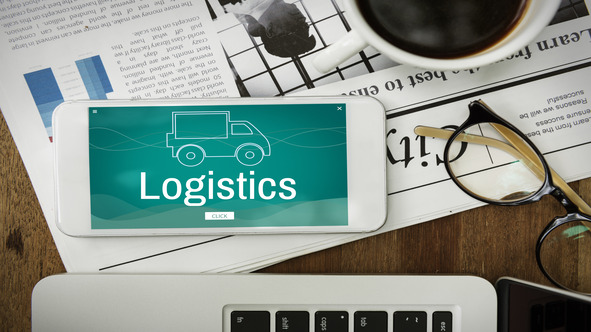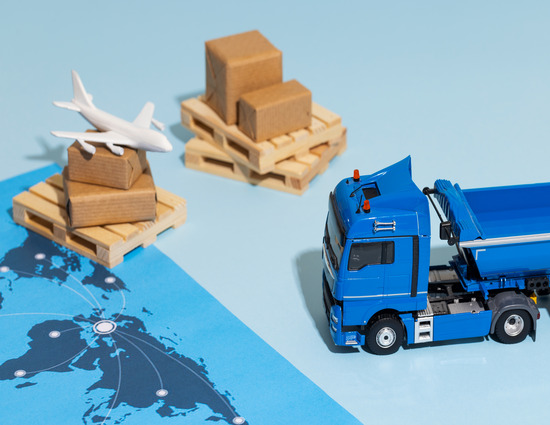Lentera Technologies was set up mainly to meet the requirements of small and medium scale business units in the area of managing their Customers including Warranty and Compliant resolution. We are friendly to our customers they can easily interact with our Developers. We have been working with Software Development, since 2015 and we have a strong team to prove it.
Read MoreLogistics Transformation
Transformation is now required in the quickly changing logistics industry. It is no longer a choice. Data analytics, automation, and digital technology are causing a big change in the logistics sector.
Our courses are developed to give you the information and abilities you need to succeed in this new environment, where conventional logistics methods are being redesigned to satisfy the needs of an international market.
Logistical transformation refers to the process of bringing sophisticated technology, digital tools, and creative methods to bear on transforming conventional logistical operations.
The logistics sector is going through a significant transformation to increase efficiency, transparency, and responsiveness as global supply chains becoming more complicated and customer demands rise.

Key Drivers of Transformation
Several key factors are driving the transformation of logistics, including technological advances, market demands, and evolving customer expectations.
Digitalization
Digital technologies like automation, AI, and data analytics enhance logistics by improving decision-making, real-time tracking, and supply chain management.
Digital technologies like automation, AI, and data analytics enhance logistics by improving decision-making, real-time tracking, and supply chain management.
Automation
Automation, including robotics and self-driving cars, is transforming logistics by reducing errors and increasing operational efficiency in warehouses.
Automation, including robotics and self-driving cars, is transforming logistics by reducing errors and increasing operational efficiency in warehouses.
Sustainability
Environmental concerns and regulations drive logistics to adopt green practices like eco-friendly packaging, waste reduction, and energy-efficient delivery.
Environmental concerns and regulations drive logistics to adopt green practices like eco-friendly packaging, waste reduction, and energy-efficient delivery.
Globalization
Global expansion drives demand for international logistics, addressing complex supply chains, cross-border trade, and diverse regulatory challenges.
Global expansion drives demand for international logistics, addressing complex supply chains, cross-border trade, and diverse regulatory challenges.
Possibilities for Logistics Transformation

- Opportunities for Careers: The logistics industry is changing, and there is a growing need for qualified experts.
- Enhanced Efficiency: Logistics procedures are streamlined by automation and robotics, which lowers expenses and errors.
- Real-Time Tracking: Enhanced product visibility and tracking via digital tools.
- Global Connectivity: Managing the intricacies of global supply chains and cross-border commerce.
- Consumer Demand: Growing need for environmentally friendly and effective logistical solutions.
- Data-Driven Decisions: Making better decisions and streamlining operations by utilizing data.
Significantly Impact by the LOGISTICS transformation
Enhanced Efficiency
Automation and digital tools are cutting down on operational expenses, expediting workflows, and eliminating delays. Deliveries become quicker and more dependable as a result, which is advantageous for both customers and companies.
Enhanced Visibility
Businesses are able to watch the flow of goods, anticipate disruptions, and make well-informed decisions to reduce risks thanks to real-time tracking and data analytics, which offer a better understanding of the supply chain.
Customer Experience
Businesses can provide better customer service, such as precise delivery dates, adaptable shipping alternatives, and quicker answers to queries, by implementing more transparent and efficient logistics processes.
Sustainable Practices
As businesses move toward sustainability, they are able to reduce their environmental impact, lower operational costs, and satisfy increasing consumer demand for environmentally friendly goods and services.

